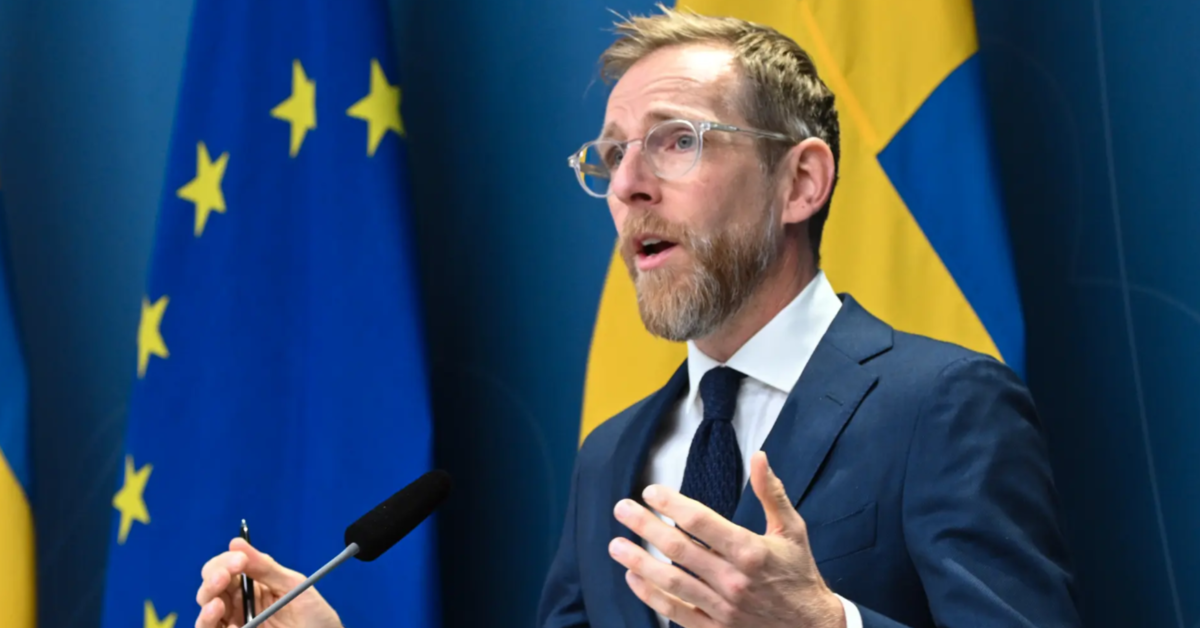At a Glance
- The next UN Biodiversity Conference of the Parties (COP16) will be held in Santiago de Cali, Colombia from October 21 to November 1, 2024.
- The designation of Santiago de Cali is expected to attract investment opportunities related to green technologies and to consolidate the city as an exciting destination for scientists and environmental professionals.
- The arrival of an expected 12,000 and 15,000 participants also represents an opportunity for tourism and, consequently, an economic boost for the region.
Context
On February 20, 2024, Colombian President Gustavo Petro designated Santiago de Cali as the host city of the next UN Biodiversity Conference of the Parties (COP16), which is expected to gather between 12,000 and 15,000 participants. The Convention on Biological Diversity (CBD) is the international legal instrument for “the conservation of biological diversity, the sustainable use of its components, and the fair and equitable sharing of the benefits arising out of the utilization of genetic resources,” which has been ratified by 196 nations. This convention covers biodiversity at all levels, including ecosystems, species, genetic resources, and biotechnology. The CBD’s governing body, the Conference of the Parties (COP), meets every two years.
The Republic of Türkiye was originally selected to host COP16. However, in August 2023, the Turkish government withdrew from hosting the COP16 summit citing three large earthquakes in February that devastated parts of the country. Under the direction of President Petro, the Minister of the Environment and Sustainable Development, Susana Muhamad, led the application process and presentation of the country’s credentials to host COP16.
“Peace with Nature” was announced as COP16’s motto. One of the event’s purposes is to include the visions of Indigenous Peoples, peasants, and ethnic communities and their relationships with the ecosystems. Additionally, the event’s motto aims to center the conversation around the importance of facing the crisis of biodiversity loss.
Relevance to the Colombian Government
President Petro has emphasized his government’s commitment to leverage the country’s social and economic growth through its beauty and biodiversity. Additionally, he has prioritized environmental issues, such as climate action and fighting climate change, while aiming to expand Colombia’s influence internationally.
However, declining popularity, failure to adhere to his agenda, and his radicalized positions have hindered his efforts to position the country as an international leader. In this regard, hosting the upcoming United Nations Conference on Biodiversity represents a victory for the Colombian government and one of the few demonstrations of coherence between President Petro’s rhetoric and actions.



